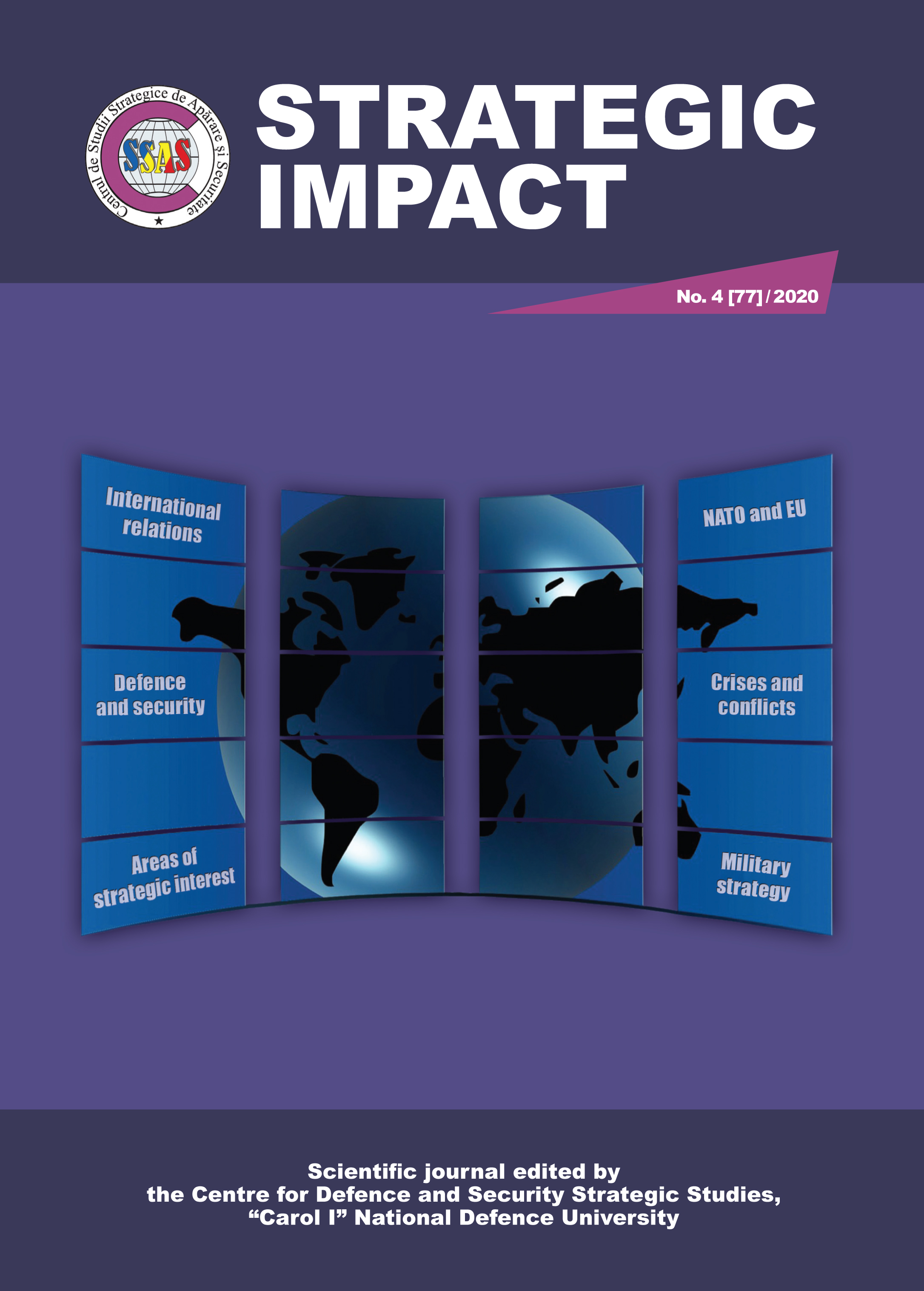USSR FOREIGN POLICY AND THE WARSAW PACT
USSR FOREIGN POLICY AND THE WARSAW PACT
Author(s): Daniel-Mihai DUȚUSubject(s): Politics / Political Sciences, Politics, History, Military history, Security and defense, Peace and Conflict Studies
Published by: Carol I National Defence University Publishing House
Keywords: alliance; treaty; international context; political regime; foreign affairs;
Summary/Abstract: After the World War II, the political international context remained as volatile as it was during the war. Once NATO emerged, the Soviets needed to tip the balance in their favour, so the Warsaw Pact was the natural response, emerging as a reflection of the North Atlantic Alliance. Although the Warsaw Pact was meant to have a short life and to represent a bargain chip regarding the disintegration of NATO, the newly formed alliance lasted for over three decades. It is safe to say that the Warsaw Pact failed to achieve its original goal, namely the remilitarization of the West Germany and the dissolution of NATO, and ultimately failed to save the communist regimes it was supposed to protect, with the organization proving ineffective both as a military and as a political alliance.
Journal: Strategic Impact
- Issue Year: 2020
- Issue No: 77
- Page Range: 178-189
- Page Count: 12
- Language: English

